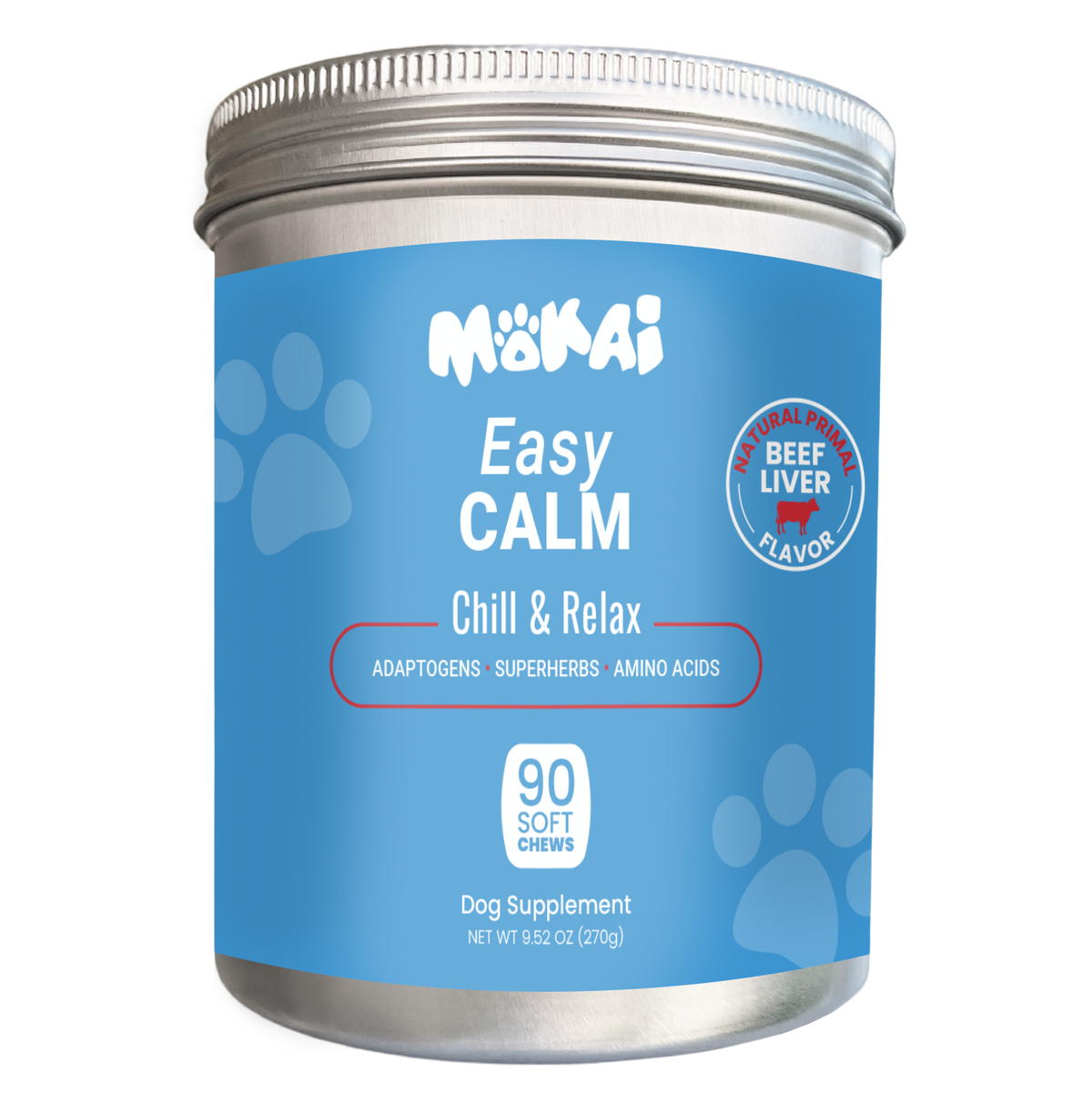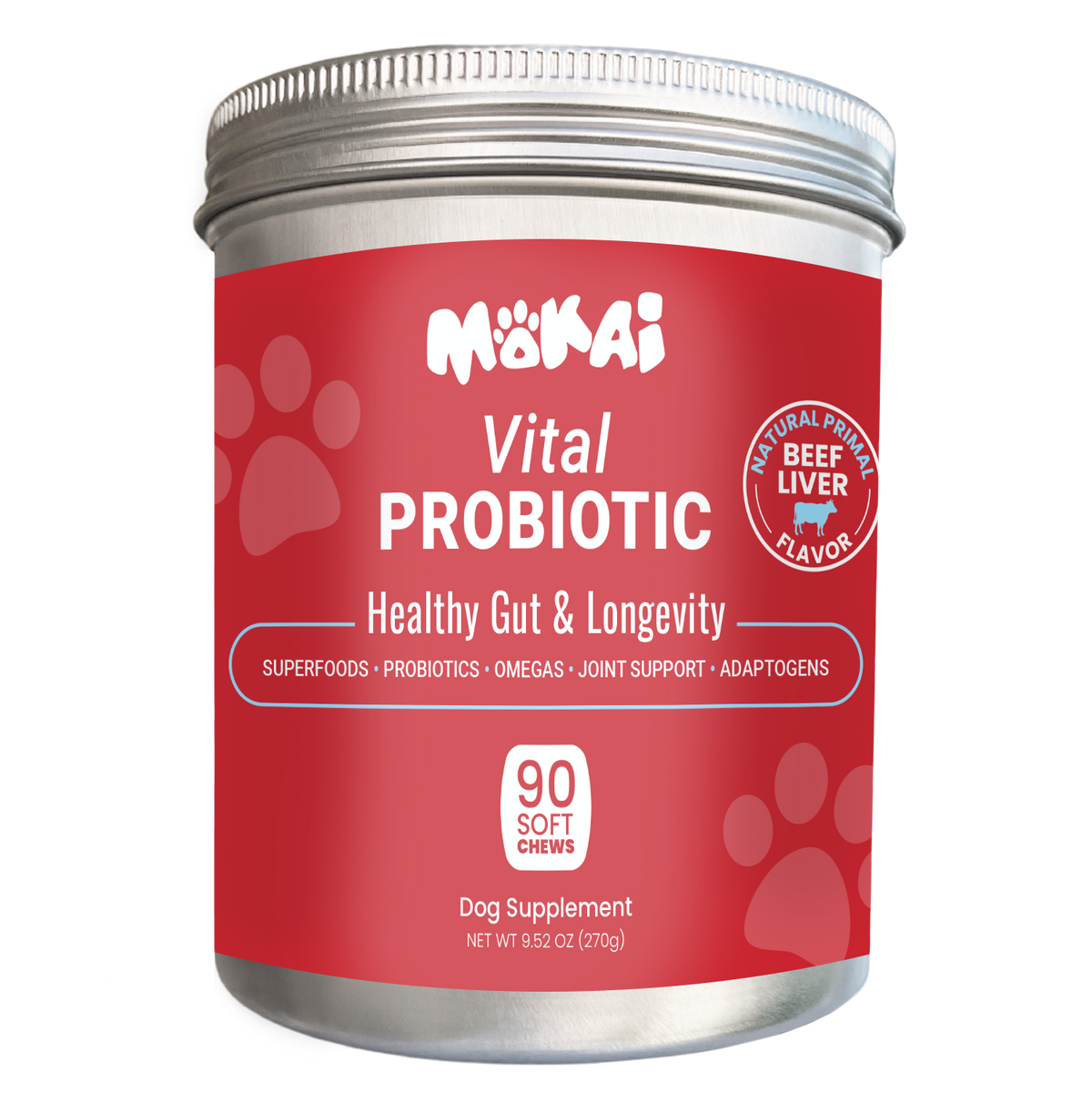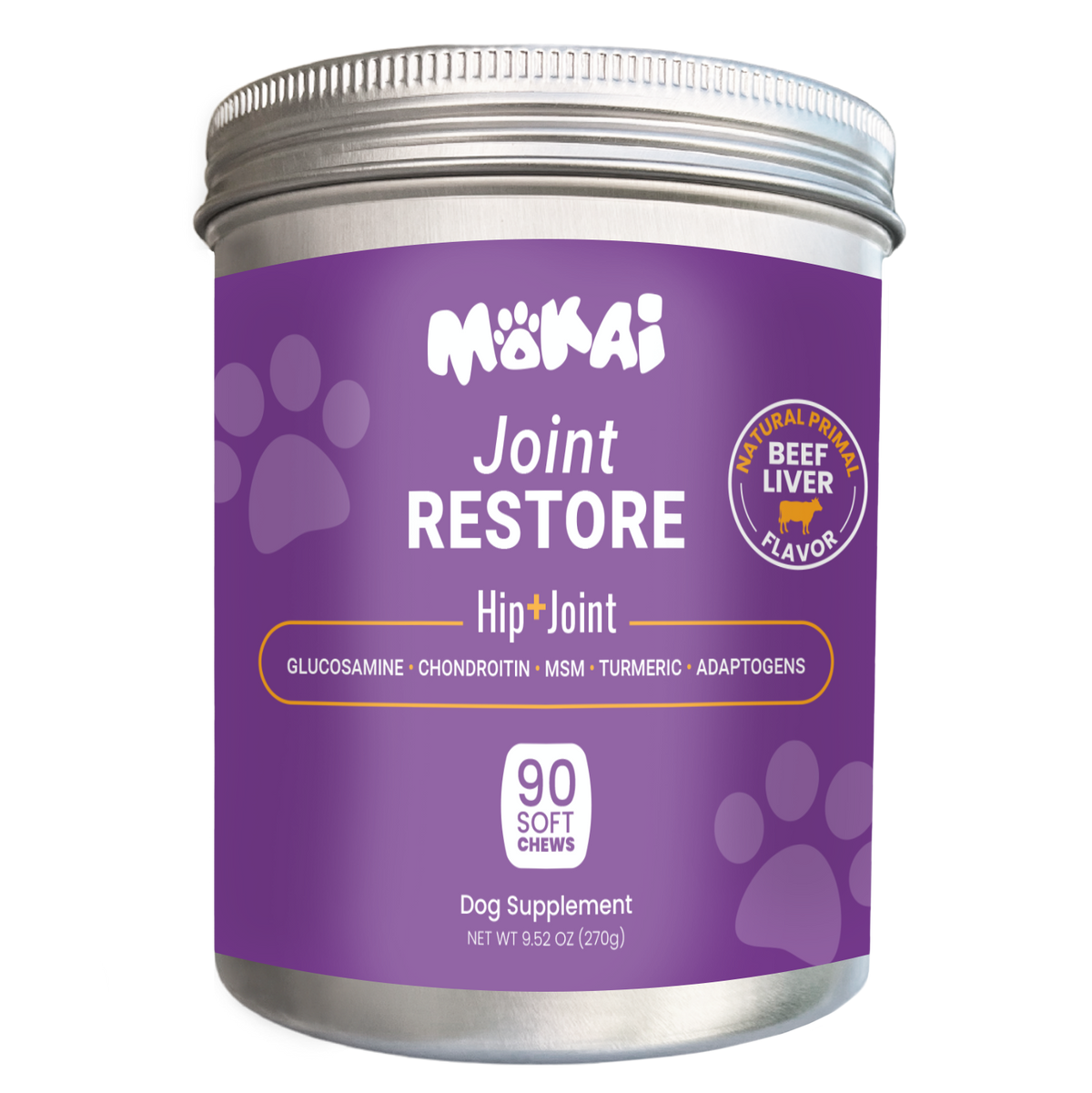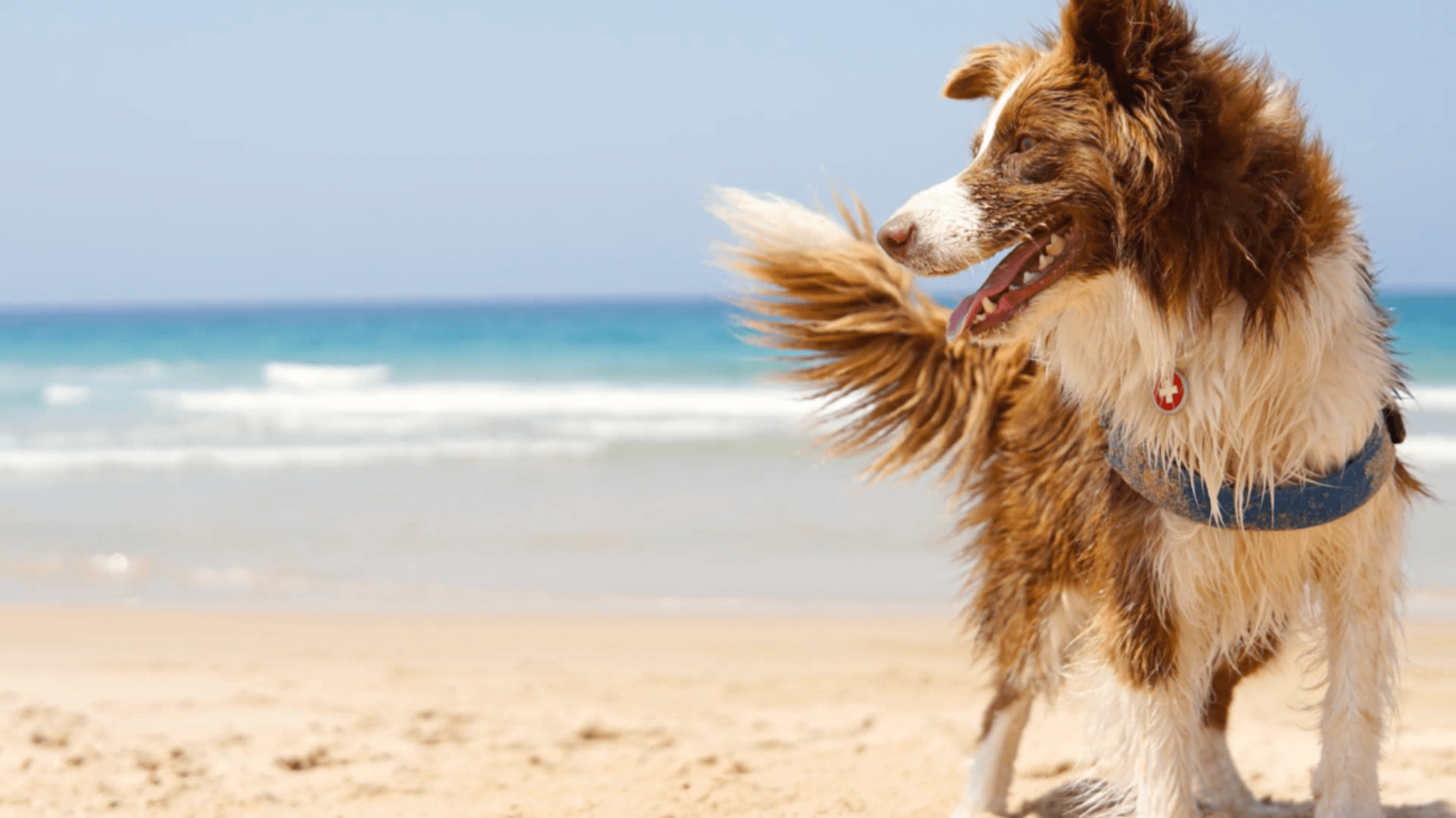I have a golden retriever puppy who has had serious sensitive stomach issues! We give him two of these every morning with breakfast and it has made him consistent and much happier! It was vet recommended and now we will continue to purchase for our pup!
Love it! It saved their knees and hips!
I’ve been using cologne for at least 2+ years now, it is very best. The scent is light, long lasting and not overpowering. I use it once daily after my dog’s outings, the scent literally lasts all day long. It’s amazing highly recommend this product there nothing better.
14 days ago wow it took that long to get to me not happy about taking so long and then i didnt even get the mulitvitiams i got something else
my dog loves them these are the only ones he will eat so im happy







